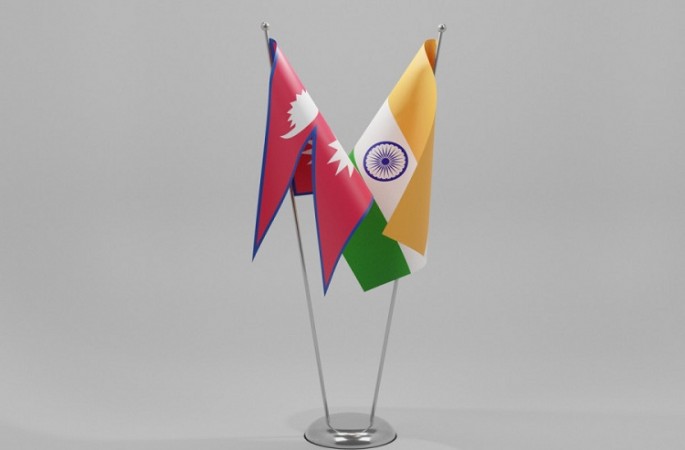
KATHMANDU: Senior officials from India and Nepal have agreed on seven points of understanding on water resource challenges.
The agreement was reached here on Friday during the ninth Joint Committee on Water Resources meeting, which was co-chaired by Sagar Rai, Secretary of the Ministry of Energy, Water Resources, and Irrigation, and Pankaj Kumar, Secretary of the Department of Water Resources, River Development, and Ganga Rejuvenation, both of the Government of India.
The meeting voted to prolong the duration and mission of the expert group established to draught the Pancheshwar Development Authority's (PDA) full project report.
Pancheshwar is a part of the Mahakali Treaty, which Nepal and India signed in 1996 with the intention of irrigating thousands of acres of land and producing 6,000 megawatts of energy. However, execution of the treaty has been stalled due to disagreements between the two parties. To produce the power from the project that has been dormant for decades, the PDA must be formed.
The meeting also recalled the India-Nepal Joint Vision Statement on Power Sector Cooperation issued in April 2022 during Prime Minister Sher Bahadur Deuba's visit to India, in which the two premiers directed their concerned officials to speed up the bilateral discussions towards an early finalisation of the project's DPR. The JCWR also agreed to extend the tenure of the Team of Experts (ToE) until March 2023 for the finalisation of the DPR of the Pancheshwar Multipurpose Project.
Another accord states that in order to proceed with the work undersigned for PDA, both parties will dispatch their regular employees and office holders within three months. The release of water from the Tanakpur Barrage to Nepal was also agreed upon during the conference. In India, the River Mahakali is referred to as Sarada.
Several bilateral committees, including the Joint Committee on Inundation and Flood Management (JCIFM) and the Joint Committee on Kosi and Gandak Project (JCKGP), as well as the implementation of the Mahakali Treaty, the Sapta Kosi-Sun Kosi Project, and cooperation in areas of flooding and inundation were all thoroughly reviewed during these meetings, according to a separate statement from the Indian Embassy in Kathmandu.
"It was decided to move forward with the Sapta Koshi high dam project after doing more research that takes into account the projects that will be planned upstream, the project's submergence area, as well as other social, environmental, and technical factors. A meeting of the Joint Team of Experts is anticipated soon "a statement from the Indian Embassy read.
Both parties also discussed and came to an agreement on issues pertaining to the Nepal-based Sapta Koshi High-Dam, including modifying the high-project dam's parameters, forming joint expert teams within a year, and adding more staff to the bilateral mechanism established for data sharing on flood and weather forecasting. The Nepali side has expressed gratitude to India for helping Nepal with irrigation, flood control, inundation management, river embankment work, etc.
According to a statement from the Indian Embassy, the Indian side emphasised the special relationship between the two nations as well as the significance of properly managing and utilising water resources for both parties' advantage.